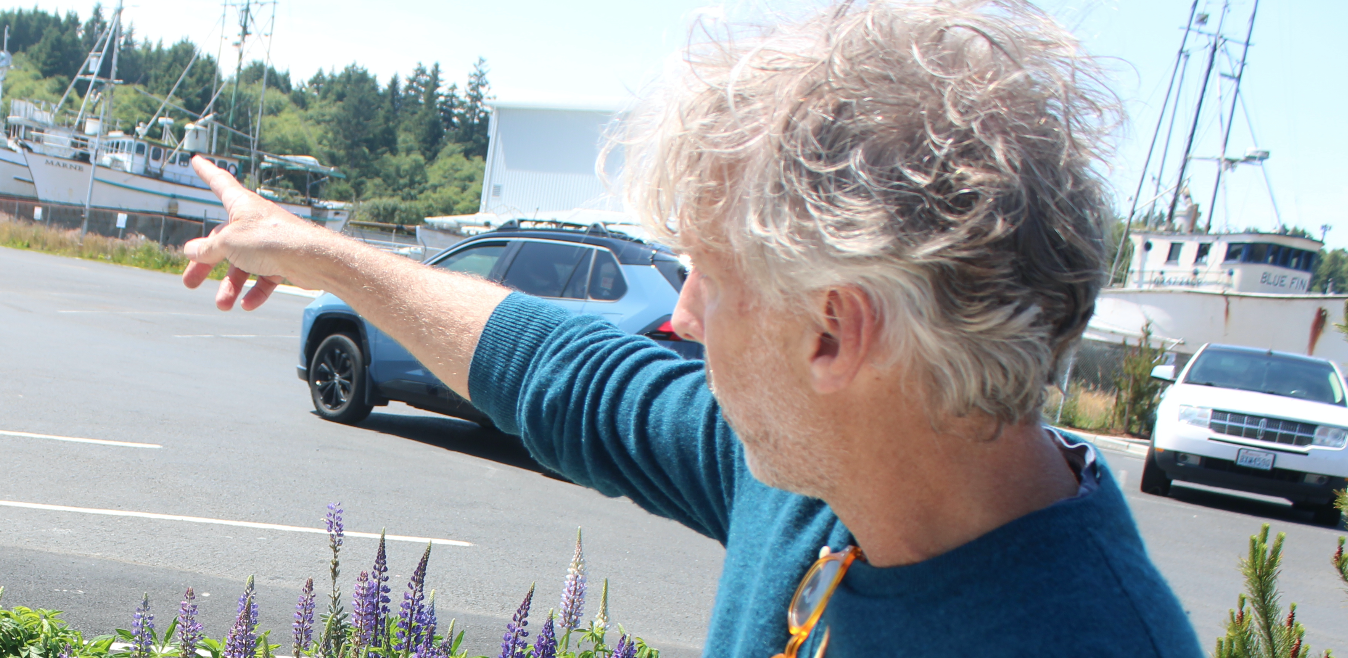Commission adopts permanent chronic wasting disease rules
Published 4:00 pm Tuesday, December 7, 2004
OCEAN SHORES – The Washington Fish and Wildlife Commission has adopted permanent rules restricting importation of deer and elk into Washington state that are harvested from states and Canadian provinces where chronic wasting disease (CWD) has been found in wild populations.
The commission, which sets policy for the Washington Department of Fish and Wildlife (WDFW), met Dec. 3-4 in Ocean Shores.
The permanent rules replace temporary rules that were enacted earlier this year. The rules are intended to keep CWD from infecting Washington state deer and elk herds.
Research conducted by scientists from Colorado and Wyoming, where CWD is present in wild deer and elk populations, confirmed that the infective agents of CWD can transfer from decomposing carcasses into the soil, where it can infect healthy deer and elk at a later time.
The new rule applies to Washington hunters bringing home deer or elk that were harvested in Colorado, Wyoming, Utah, New Mexico, Wisconsin, Illinois, South Dakota, Nebraska and the Canadian province of Saskatchewan.
Meat that has been deboned in the state or province where it was harvested can be brought into Washington. Skulls, antlers, teeth, hides and capes that have had all soft tissue removed can also be brought into Washington.
Jerry Nelson, WDFW deer and elk section manager, said the permanent rule replaces an emergency rule that was in place for the 2004 hunting season. Nelson told the commission that WDFW enforcement officers encountered between 15 and 20 hunters who had harvested a deer or elk from one of the listed areas and had not properly processed their animals before bringing it into Washington.
In most cases, Nelson said WDFW enforcement officers were able to confiscate the portions of the animals that are most important to preventing the spread of CWD.
Nelson said WDFW will increase its efforts to educate hunters on the importance of complying with CWD rules.
In other business, the commission:
Adopted amendments to WDFW’s shellfish disease control protection rules to address the spread of Denman Island Disease, which can affect oyster populations.
Adopted a permanent rule prohibiting the sale and trafficking of krill, an important food for baleen whales and many fish populations. The commercial sale of krill is currently prohibited in California and Oregon, and federal fisheries officials are expected to follow suit for waters under their jurisdiction.
Approved modification of the boundaries of Game Management Unit 368 (Cowiche) in Yakima County.
Approved designation of a firearms restriction area in the Icicle Loop area of Leavenworth.
Adopted private lands wildlife management area hunting seasons, rules and boundary descriptions for 2005.
Approved the sale of WDFW’s existing regional headquarters office in Spokane for $658,000. Construction of WDFW’s new regional office should be completed by June 2005.
Adopted a pilot spring black bear damage hunt to address timber damage in Kapowsin Tree Farm and Capitol Forest. The pilot season will run from April 15 to June 15, 2005, with a total of 200 permits in portions of Game Management Units 653, 654 and 663.
Heard a briefing on the proposed Wiley Slough restoration project on WDFW’s Skagit Wildlife Area. The project would restore natural estuarine functions in a portion of the Skagit River estuary for the benefit of a number of fish and wildlife species, including chinook salmon that are protected under the federal Endangered Species Act.
Discussed the WDFW Advisory Committee for Persons with Disabilities. The commission voted to recommend to the Washington State Legislature that the committee be continued for three more years.
Heard a WDFW staff report on population assessment of razor clam populations conducted in conjunction with the Quinault Indian Nation. The study goal is to determine the most appropriate clam harvest level.
The commission postponed a decision on changes to rules regarding possession and delivery of Canadian origin food fish and shellfish to Washington waters and Washington ports. A commission subcommittee will discuss the matter before the issue is brought to the commission for discussion and a vote.
The commission also tabled discussion on proposed rules regarding the sale of progeny of wild-caught raptors to its next workshop, which is set for Jan. 14-15 in Olympia.






